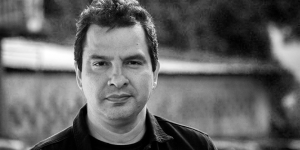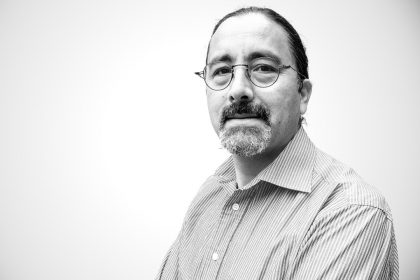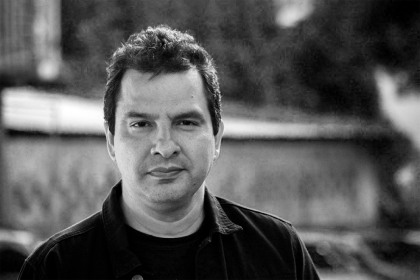ABOUT THE AUTHOR:

Rafael Uzcátegui
Sociologist and freelance editor. He is currently the General Coordinator of Provea.
Rafael Uzcátegui | At times when Venezuelan authoritarianism is taking up the offensive against civil society, it is important to study the Nicaraguan experience. Both because of the evil practices of the Nicaraguan government that could be emulated by their counterparts in Venezuela and the exemplary resistance of the country’s historical human rights organization, the Nicaraguan Center for Human Rights (CENIDH)
On April 18, 2018, a cycle of protest began in Nicaragua, which the government managed to silence at the cost of 300 people murdered, according to local human rights organizations, and at least 120 protesters held as political prisoners even three years after the events. Months after the end of the demonstrations and at the request of the Ministry of the Interior, the country’s National Assembly, controlled by the ruling Sandinismo, approved the termination of the legal personality of several civil society organizations that had played an important role in denouncing abuses during the days of protest.
The justification used by the members of parliament may sound familiar to Venezuelans: These organizations had been financed from abroad for illegal purposes and were part of a plan to carry out a coup against the Nicaraguan government through the stimulation of violence and terrorism. In this way, several organizations were stripped of their legal personality: Hagamos Democracia; the Institute for Strategic Studies and Public Policies (IEEPP); the Center of Information and Advisory Services in Health (CISAS); the Institute for the Development of Democracy (PADE); the Segovias Leadership Institute (ILLS); the Foundation for the Conservation and Development of the South-east, the Popol Na Foundation for Promotion and Municipal Development; Fundación del Río, and the Nicaraguan Center for Human Rights (CENIDH).
After this decision, the CENIDH headquarters were raided by the police, who confiscated all its assets and prevented the entry of the workers under the argument that the organization was no longer legal. In an attempt to reverse the measure, the human rights organization filed two appeals for protection and an appeal for unconstitutionality before the Supreme Court of Justice (CSJ), which were never addressed. The decision frightened other human rights defenders in the country, who went into exile.
The attacks of the Daniel Ortega government have focused on the figure of Vilma Núñez, a well-known activist, human rights defender, and president of CENIDH. In January 2021, photographs were released showing the destruction of the NGO’s headquarters. As with the rest of the facilities of other outlawed organizations, the Ortega government moved to open health centers in the confiscated locations under a significant display of propaganda. On March 13, 2021, the “José del Carmen Ruiz Family and Community Health Post” began to operate in the former human rights unit. Along with this building, located in Managua, a second CENIDH office in Juigalpa was confiscated, together with 15 computers, 5 vehicles, personal belongings, and documents.
Despite this serious escalation of harassment, the CENIDH has continued to work. At the height of tensions, the NGO published on its Twitter feed: “The Cenidh is not four walls, some furniture, or a single person, CENIDH is all of Nicaragua in demand for justice, freedom, democracy and human rights. We will not be silenced”. Alongside, the organization carried out a campaign to remember the victims of the 2018 protests in the country, calling things by their name.
At times when regulations to hinder the work of Venezuelan civil society organizations are being promoted, it is quite possible to see the Madurista authoritarianism emulating the Nicaraguan model. Whenever they are effective and see their ways carry low political costs, authoritarian rulers take notice of each other. However, we will have the CENIDH on the side of a democratic society as an inspiration on how to maintain our principles and work in favor of the vulnerable, despite the worst circumstances.
ABOUT THE AUTHOR:

Rafael Uzcátegui
Sociologist and freelance editor. He is currently the General Coordinator of Provea.



